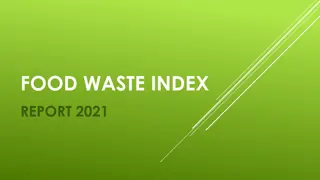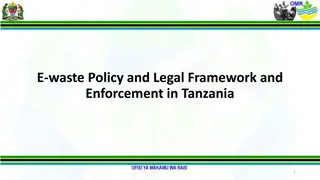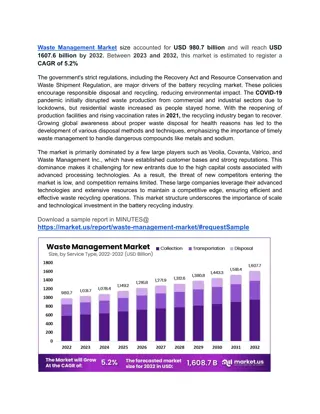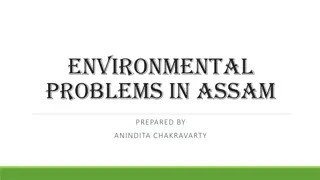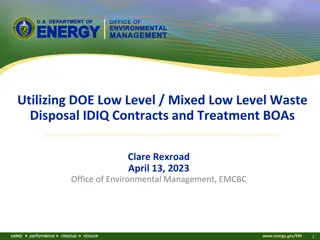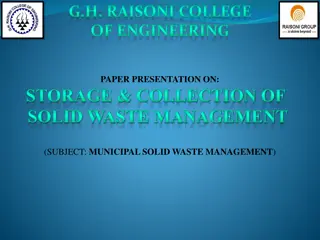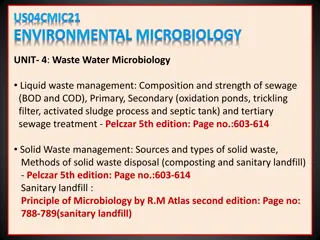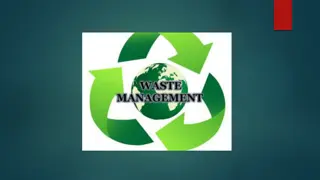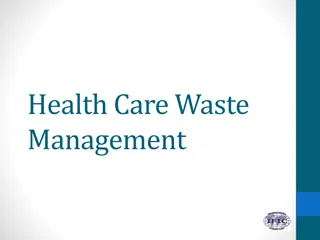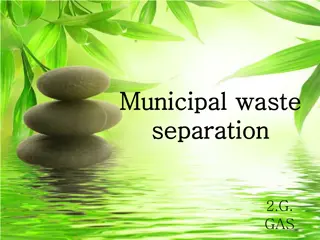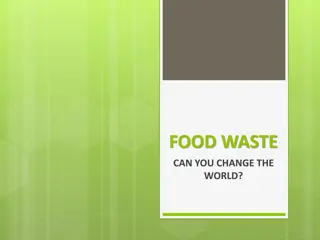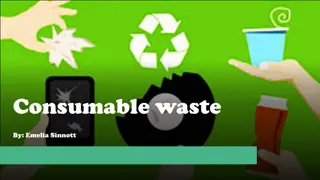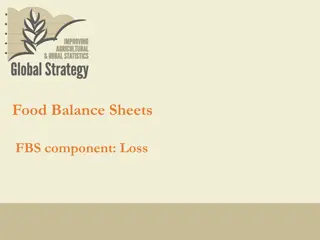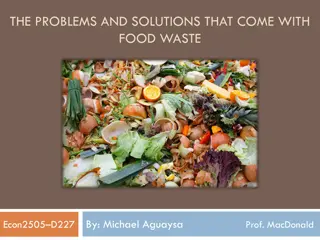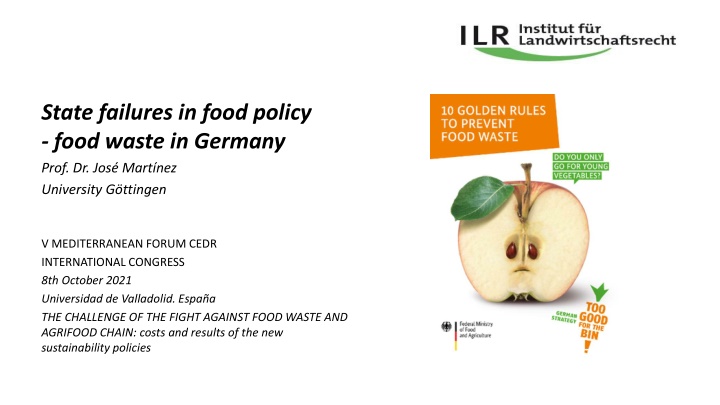
Food Waste Challenges and Policy Failures in Germany
According to Professor Dr. Jos Martínez from the University of Göttingen, Germany faces significant food waste issues, with 12 million tonnes of CO2 emissions annually. The high percentage of waste from private households is attributed to low food prices and extensive use of expiry dates. The German response includes non-binding instruments like a national strategy, industry commitments, and communication campaigns. However, these efforts lack reliable data on waste reduction effectiveness. Despite a potential reduction of 11.9 million tonnes, recent studies show no significant progress. The government is criticized for underutilizing key measures such as raising food prices and banning expiry dates on non-perishable products.
Download Presentation

Please find below an Image/Link to download the presentation.
The content on the website is provided AS IS for your information and personal use only. It may not be sold, licensed, or shared on other websites without obtaining consent from the author. If you encounter any issues during the download, it is possible that the publisher has removed the file from their server.
You are allowed to download the files provided on this website for personal or commercial use, subject to the condition that they are used lawfully. All files are the property of their respective owners.
The content on the website is provided AS IS for your information and personal use only. It may not be sold, licensed, or shared on other websites without obtaining consent from the author.
E N D
Presentation Transcript
State failures in food policy - food waste in Germany Prof. Dr. Jos Mart nez University G ttingen V MEDITERRANEAN FORUM CEDR INTERNATIONAL CONGRESS 8th October 2021 Universidad de Valladolid. Espa a THE CHALLENGE OF THE FIGHT AGAINST FOOD WASTE AND AGRIFOOD CHAIN: costs and results of the new sustainability policies
State failures in food policy - food wastage in Germany 12 million tonnes of CO2emissions are produced by food waste in Germany every year. 52% of food waste is produced in private households 18 % in food processing 14 % in Gastronomy Only 4 % in Supermarkets Dumpster diving is still illegal (theft) Prof. Dr. Jos Martinez
Why is the percentage of private households so high? The first reason is the low prices for food in Germany. The second reason is the extensive use of expiriy dates in the food sector.
The German way.. non-binding instruments: 1. national strategy 2. voluntary commitments by the industry and the food trade 3. communication campaigns
How successful are these measures? reliable data are still lacking for determining food waste quantities The overall food waste reduction potential in Germany is approx. 11.9 million tonnes Recent studies (2021) showed no statistically relevant reduction in food waste along the different sectors of the food value chain
Conclusion The German government does not use all means to reduce food waste. Two important instruments remain untouched until today for political reasons: 1. the increase of food prices by raising the tax on food. 2. the ban on the use of expiry dates for products that cannot expire biologically
BVerfG vom 05.08.2020 (2 BvR 1985/19, 2 BvR 1986/19) - Zur Verfassungsmigkeit der Strafbarkeit des sogenannten Containerns als Diebstahl Leverenz, D.; Schneider, F.; Schmidt, T.; Hafner, G.; Nev rez, Z.; Kranert, M. FoodWaste Generation in Germany in the Scope of European Legal Requirements for Monitoring and Reporting. Sustainability 2021, 13, 6616. https://doi.org/10.3390/su13126616 M ller, Lebensmittelverschwendung als Herausforderung f r das europ ische Abfallrecht, EurUP 2017, 84-92 Rennicke, Zur strafrechtlichen Behandlung des Containerns de lege lata und de lege ferenda, ZIS 2020, 343-348 Hellermann/Birkholz, Containern - eine sachenrechtliche Herausforderung, Jura 2020, 303- 313


